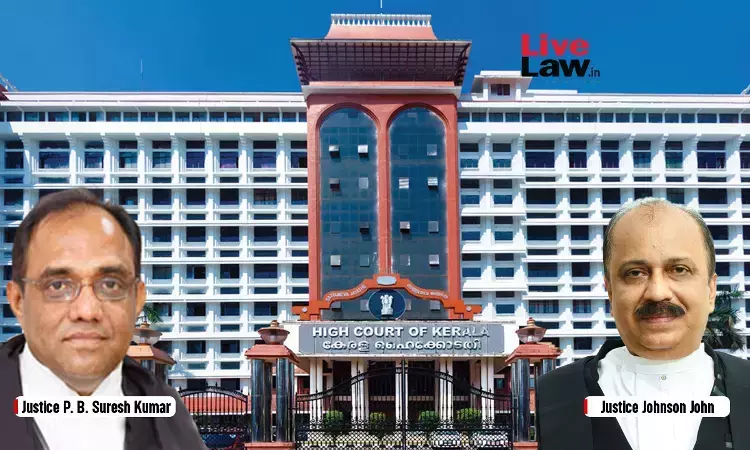The Kerala High Court has laid down that Section 89 of the Code of Civil Procedure (CPC) shall apply to proceedings before the Rent Control Court. Section 89 of CPC provides for 'settlement of disputes outside courts' including arbitration, conciliation, and judicial settlement including settlement through Lok Adalat, or mediation. The Division Bench comprising Justice P.B. Suresh Kumar...

